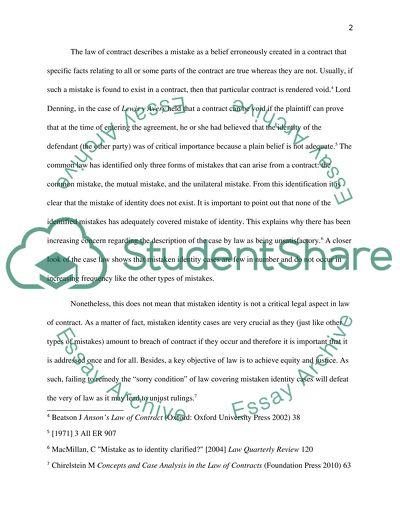Cite this document
(“Contract Law Essay Example | Topics and Well Written Essays - 2000 words”, n.d.)
Retrieved from https://studentshare.org/law/1397468-contract-law
Retrieved from https://studentshare.org/law/1397468-contract-law
(Contract Law Essay Example | Topics and Well Written Essays - 2000 Words)
https://studentshare.org/law/1397468-contract-law.
https://studentshare.org/law/1397468-contract-law.
“Contract Law Essay Example | Topics and Well Written Essays - 2000 Words”, n.d. https://studentshare.org/law/1397468-contract-law.


